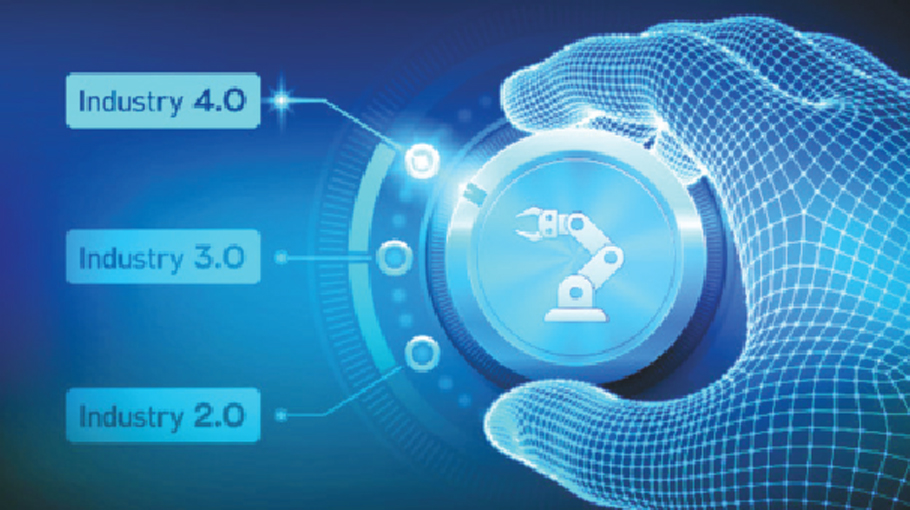Adapting Bangladeshi youths to 4IR

The World Economic Forum expects that the 4IR will provide new work prospects. Bangladesh must create a workforce capable of adapting to shifting labor market conditions and regularly acquiring new skills if it is to successfully traverse these changes. Individuals will need to be adaptable and continue their education throughout their lives in order to compete in the global market.
Similar to other nations across the world, Bangladesh is transitioning towards the fourth industrial revolution, which will change the socioeconomic landscape of the nation. The steps taken to become a digital Bangladesh have created the foundation for a Smart Bangladesh, which intends to address the issues with 4IR. Industry 4.0 broadens the use of innovations in fields including additive manufacturing (3D printing), quantum computing, blockchain, nanotechnology, machine learning, autonomous guided vehicles, virtual reality (VR), augmented reality (AR), and virtual reality (VR). These new industries and technologies that will displace the current ones and disrupt the job market must be navigated and prepared for by the nation.
According to the McKinsey Global Institute, between 400 and 800 million individuals worldwide, including 5.7 million Bangladeshi employees, may need to look for new employment by 2030. Numerous positions that will be added as a result of the 4IR don't even exist now. Rapid technological development, climatic change, and socioeconomic upheavals will influence both local and global labor markets in the coming years.
However, according to the World Economic Forum's Future of Jobs Report 2020, many businesses all over the world have begun to realign their business models. New occupations will develop as a result of the evolution of industrial techniques. The 4IR will eventually lead to new methods of working for higher wealth despite initially displacing jobs. According to the analysis, 97 million new jobs might be created by 2025, which would counteract the loss of 85 million jobs from existing industries and result in a net increase of 12 million jobs.
Bangladesh must thus develop a workforce capable of adapting to the changing demands of the labor market and continuously acquiring new knowledge and skills. In the era of 4IR, the idea of a "job for life" has become antiquated. To remain resilient and embrace "lifelong learning," people will need to continuously learn new skills for whole different vocations or sectors. Compared to today's routine tasks, the new professions will demand a lot more creativity, adaptability, and transferrable abilities. Governments and commercial enterprises alike will be on the lookout for adaptive workers who are prepared to continually up-skill and re-skill themselves in order to remain competitive in the global economy.
In 2022, exports from Bangladesh brought in 52.08 billion USD. Bangladesh, a country that places a strong emphasis on exports, primarily exports labor-intensive manufactured products like ready-made clothing where it has a competitive edge. However, domestic demand for manufactured goods is also labor-intensive. The emerging knowledge-based and tech-savvy businesses will have an influence on the work pattern in 4IR. The revolutionary disruptive technologies of industry 4.0, which will be essential for Bangladesh to progress economically, are not yet well known to the country. Lacking the skills and resources required to adapt to Industry 4.0, workers, SMEs, and regional businesses will inevitably fall behind.



